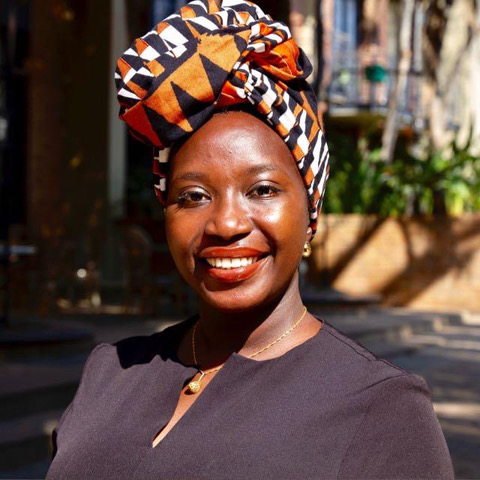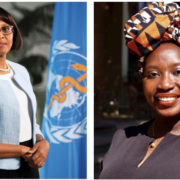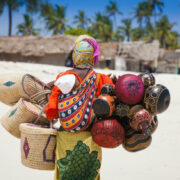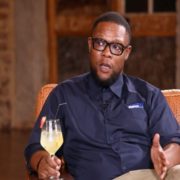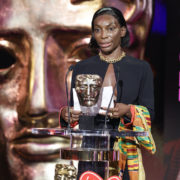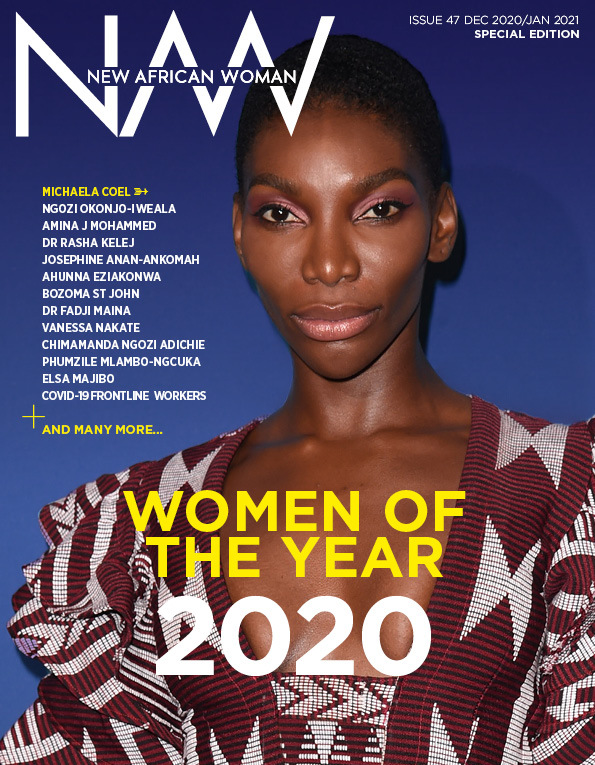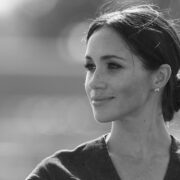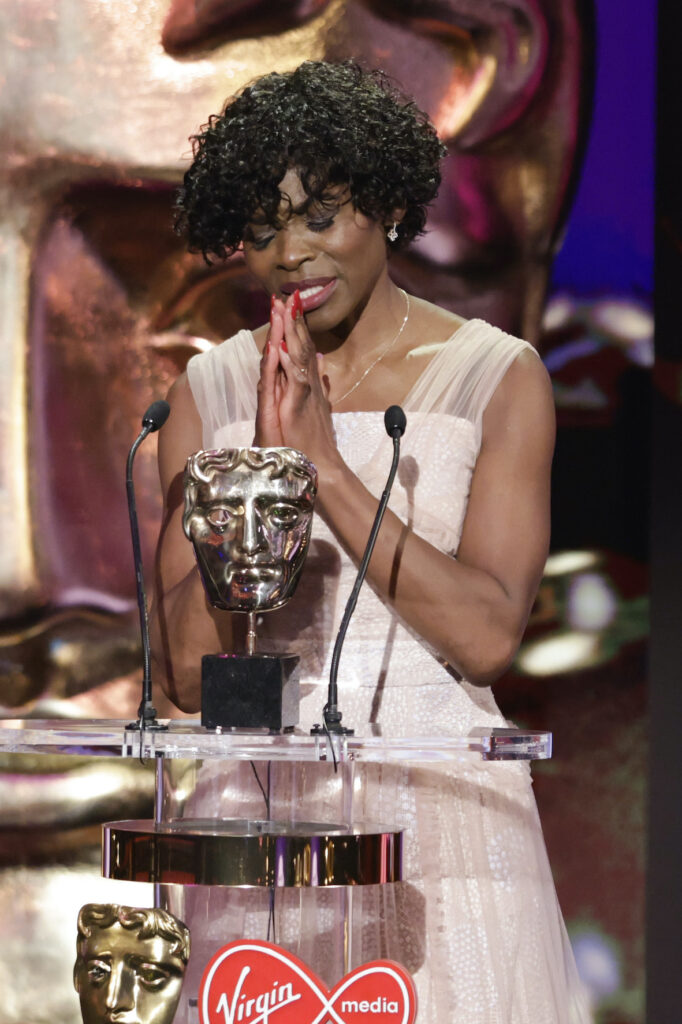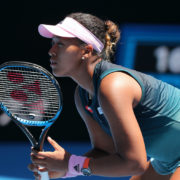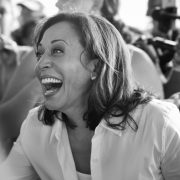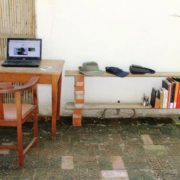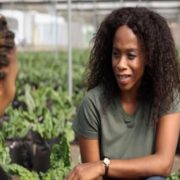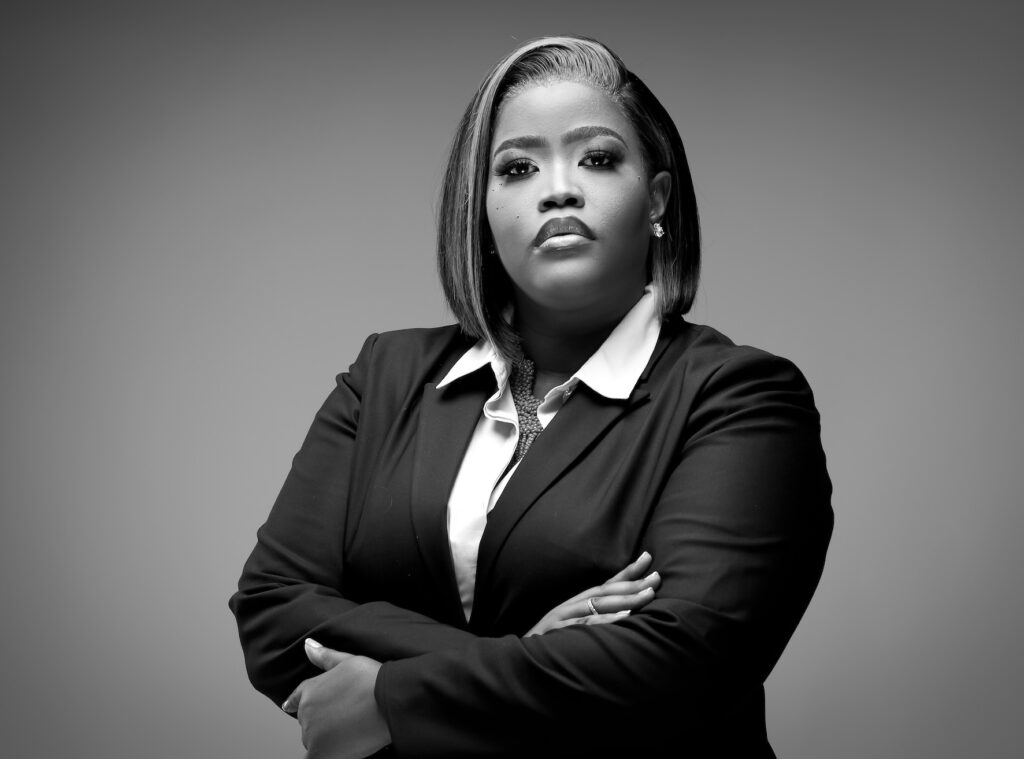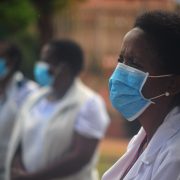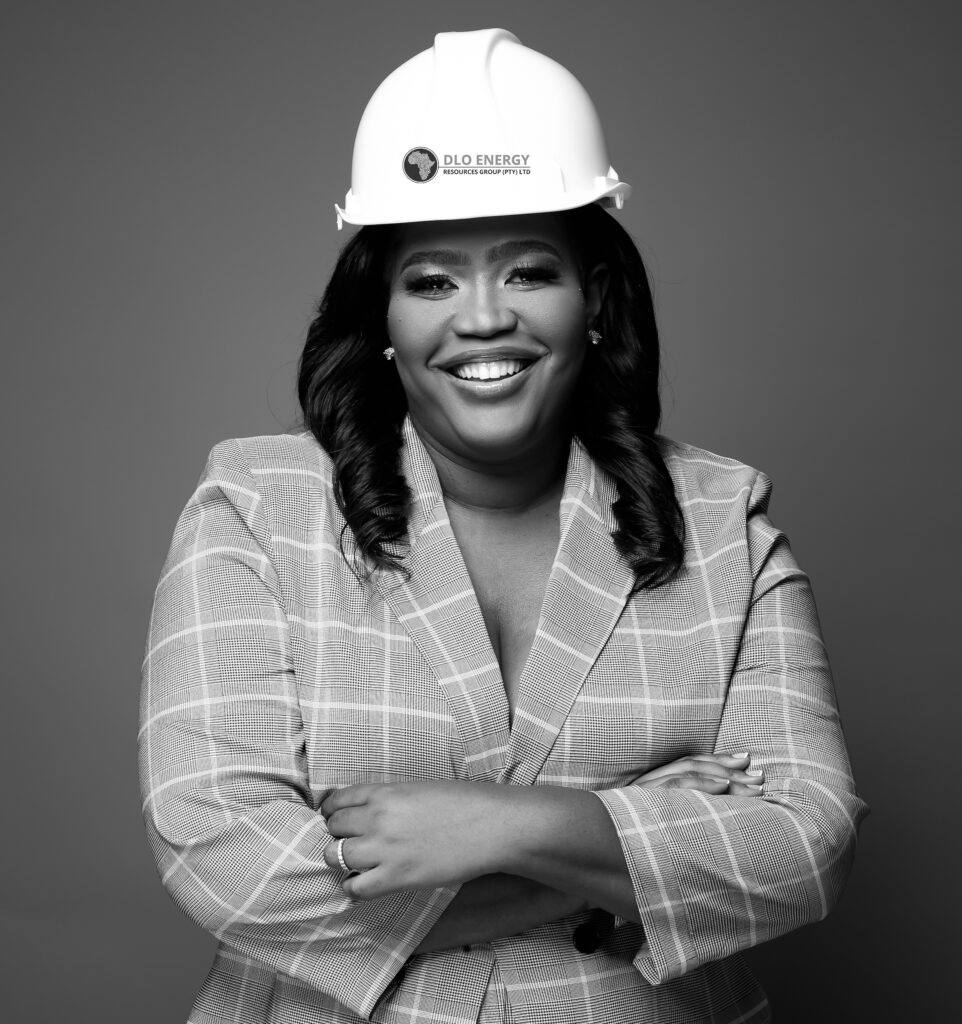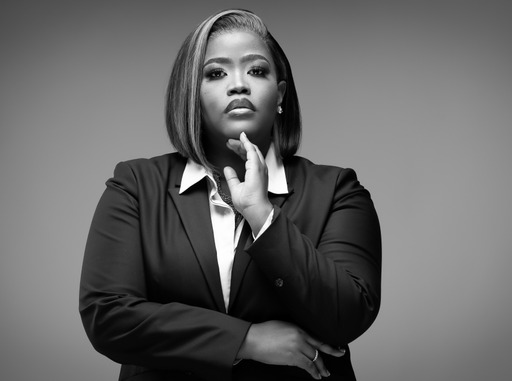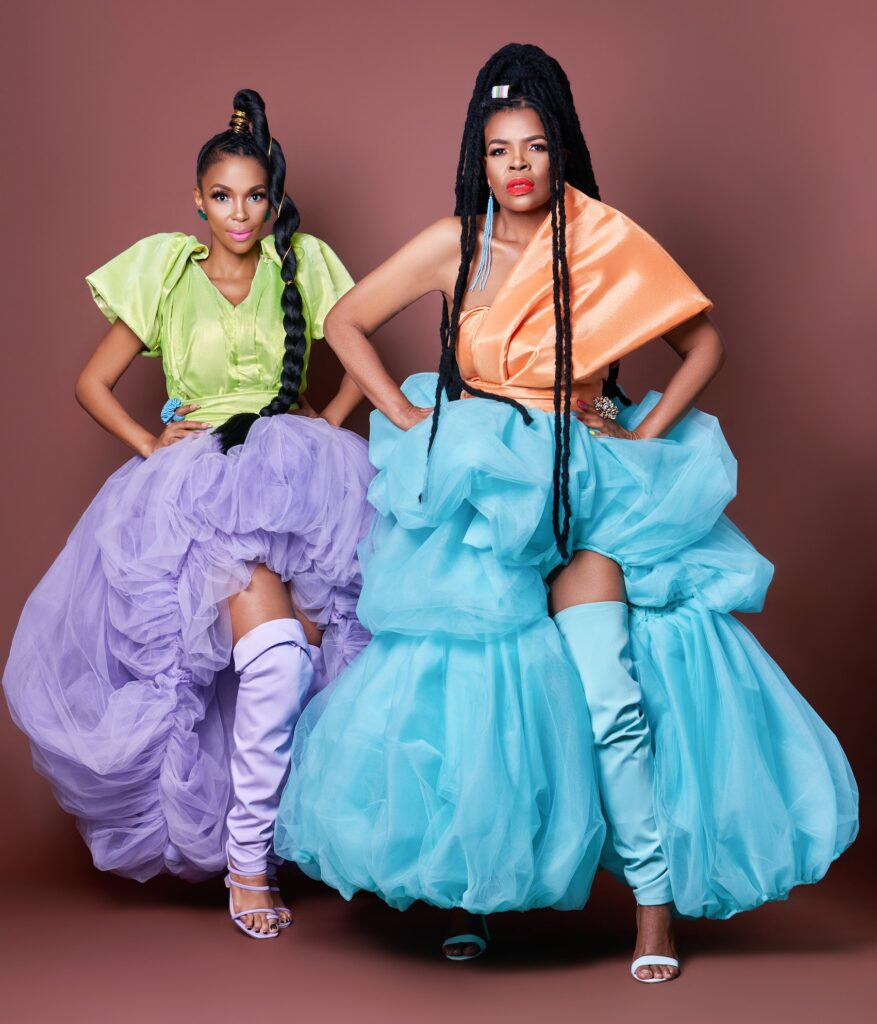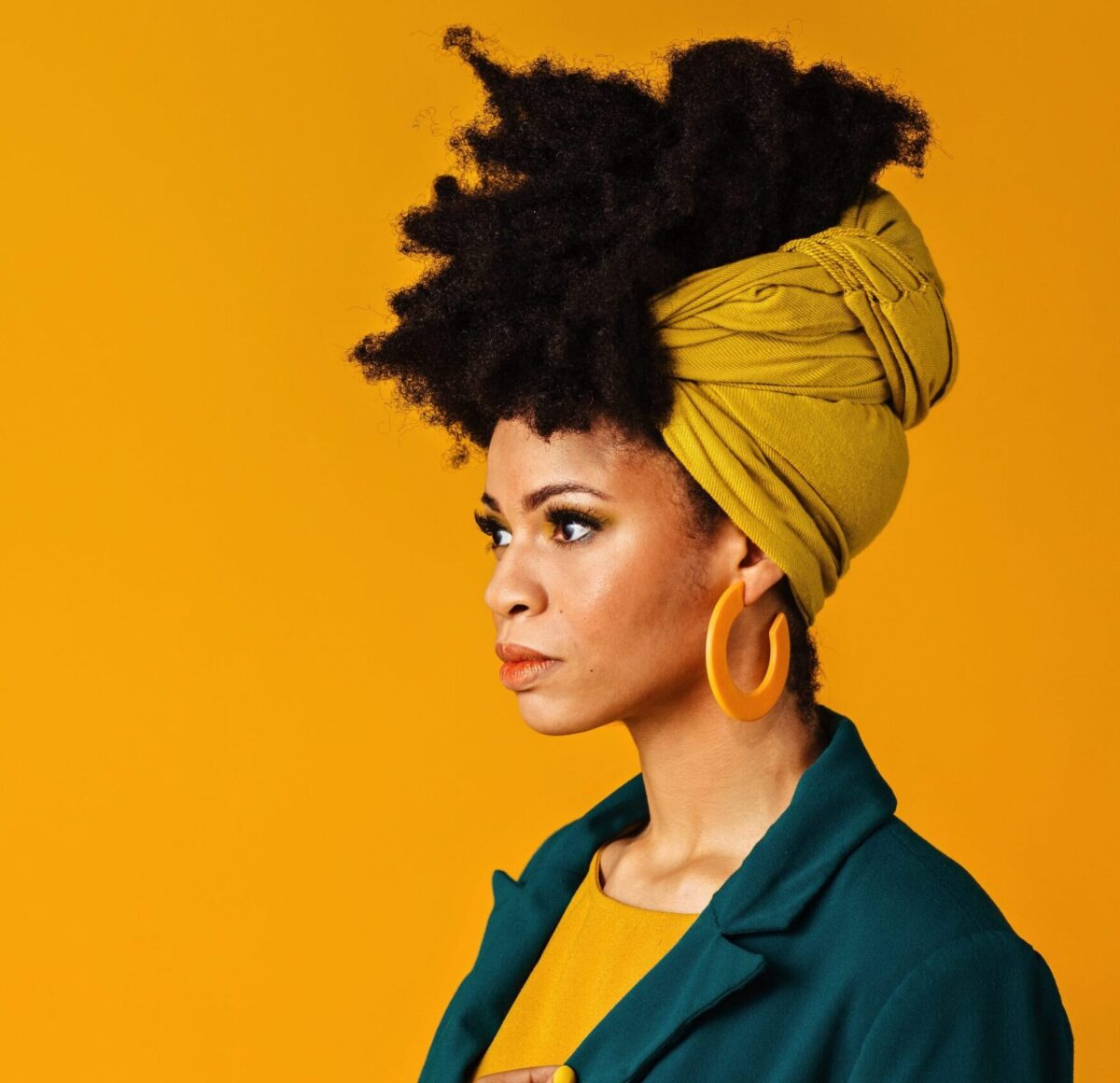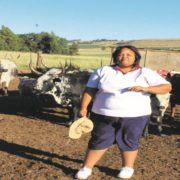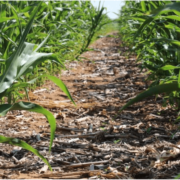How to build COVID-19 vaccine confidence in Africa
While vaccine equity remains a challenge in Africa, lack of confidence in COVID-19 vaccines is also an increasing issue. In this OpEd, Dr Matshidiso Moeti, WHO Regional Director for Africa, and Chebet Chikumbu, Global Citizen Regional Director for Southern and East Africa, discuss the importance of driving citizen advocacy, in building COVID-19 vaccine confidence in Africa.
“My family’s source of information is the news and the internet, but the main problem is the fake news they get on social media. They have no confidence in getting a vaccine once it becomes available to them.”
These are the words of Nomthandazo Xaba from Johannesburg, one of a group of young people taking part in a Fellowship Programme in South Africa with international advocacy organisation Global Citizen.
The views held by Nomthandazo’s family are reflected in families and communities throughout the continent, amid a spiralling “infodemic” which is seeing fake news and misinformation about COVID-19 vaccines sweeping across Africa and sparking scepticism about the vaccines that are, ultimately, our best way to end the pandemic and save lives.
According to the World Health Organization, just 1% of Africa’s population has received a COVID-19 vaccine to date. When it comes to vaccinating Africa, there are two key issues: vaccine equity, meaning ensuring the vaccines reach Africa’s population; and vaccine confidence, meaning making sure people want to get the vaccine when it’s available to them.
“Infodemic” is seeing fake news and misinformation about COVID-19 vaccines and sparking scepticism.”
Until recently, our focus has been on vaccine equity, after much of the world’s global supply was bought up by European countries, Canada, and the United States. But, while vaccine equity remains a challenge for our continent, the ongoing lack of confidence in COVID-19 vaccines is increasingly an issue.
WHO’s health experts say people’s worries about COVID-19 vaccines are driven by a variety of factors, from concerns about the quick development of the vaccines and potential side effects, to confused messages over vaccine expiry dates, to misinformation fuelled by the internet and social media.
Myths & misinformation
Inaccurate, misleading information about COVID-19 vaccines has spread like wildfire online and this has been hugely damaging to our vaccine efforts.
Tracking the spread of misinformation on social media is difficult, but African fact-checking organisations say they have debunked over 1,300 misleading reports since the onset of the pandemic.
Widely shared misinformation includes conspiracies around unproven treatments and false cures, inaccurate information about the vaccines themselves, and more. This has created a hesitancy complex within our local communities, a hesitancy that has the power to cost lives.
There are a lot of people already working across Africa to build people’s confidence in the vaccines. But what more can be done to help people feel confident in getting the vaccine?
How do we overcome this challenge?
Building our confidence in the vaccines is ultimately key to ending the COVID-19 pandemic in Africa, and this needs to be addressed through a clear, concise, factual communications strategy driven by our leaders — not just political leaders, but social, religious, and community leaders too.
Clear messaging
Clear, concise medical information needs to be communicated across our communities.
As another of Global Citizen’s Fellows, Sengie Shabalala, said: “I don’t think the information is missing. I just think it’s not been disseminated properly. It should be simple and straightforward and speak to the masses.”
Increased access to health information
Ensuring populations can access answers to the questions they have about vaccines is also essential.
One platform working on making sure factual information accessible is the Africa Infodemic Response Alliance (AIRA), a first-of-its-kind African initiative to combat health misinformation online.
Launched by WHO and a network of fact-checking organisations and leading public health bodies, the initiative’s digital brand Viral Facts Africa[3] creates health fact checks, explainers, myth busters, and more, all of which are specifically designed to share on social media.
Strong leadership
When uncertainty is rife, strong leadership is key. The majority of Africa’s leaders have aligned with and driven the African Union’s continental strategy on COVID-19.
What’s needed is a united front from leaders across all areas of society — political, social, community, and religious — that agrees on the need for vaccines to reach all of Africa’s people, and for all people to take up the vaccine when it’s offered.
A number of leaders have been doing this — including South Africa’s President Cyril Ramaphosa; Rwanda’s President Paul Kagame; Ghana’s President Nana Akufo-Addo; Cote d’Ivoire’s President Alassane Ouattara; Ngozi Okonjo-Iweala, Director-General of the World Trade Organization; Phumzile Mlambo-Ngcuka, Executive Director of UN Women, and more — and there is need for greater support for vaccines from all of Africa’s leaders.
Community engagement
Vaccine communication should focus on community structures and engaging key members of the community, as has been shown before with the successful rollout of other vaccines.
Another area where community involvement is very-much needed, is in sharing personal experiences of getting vaccinated to help reassure those on the fence.
“I think people only want to see people who have been vaccinated tell their stories,” continues Nomthandazo.
The Global Citizen’s Vax Because, platform seeks to help people do just that, via a website where people globally can share their own and read about other’s vaccine experiences, as well as ask and find expert answers to their questions about vaccines.
The pandemic has once again exposed the inequalities in our global healthcare system. Yet when it comes to a lack of vaccine confidence, this is an issue that we can beat. It’s up to every one of us to ask our questions and share accurate information with our loved ones and communities.
If this isn’t urgently addressed, alongside ensuring equitable vaccine access for all, then there will be no end to the pandemic in the immediate sight.
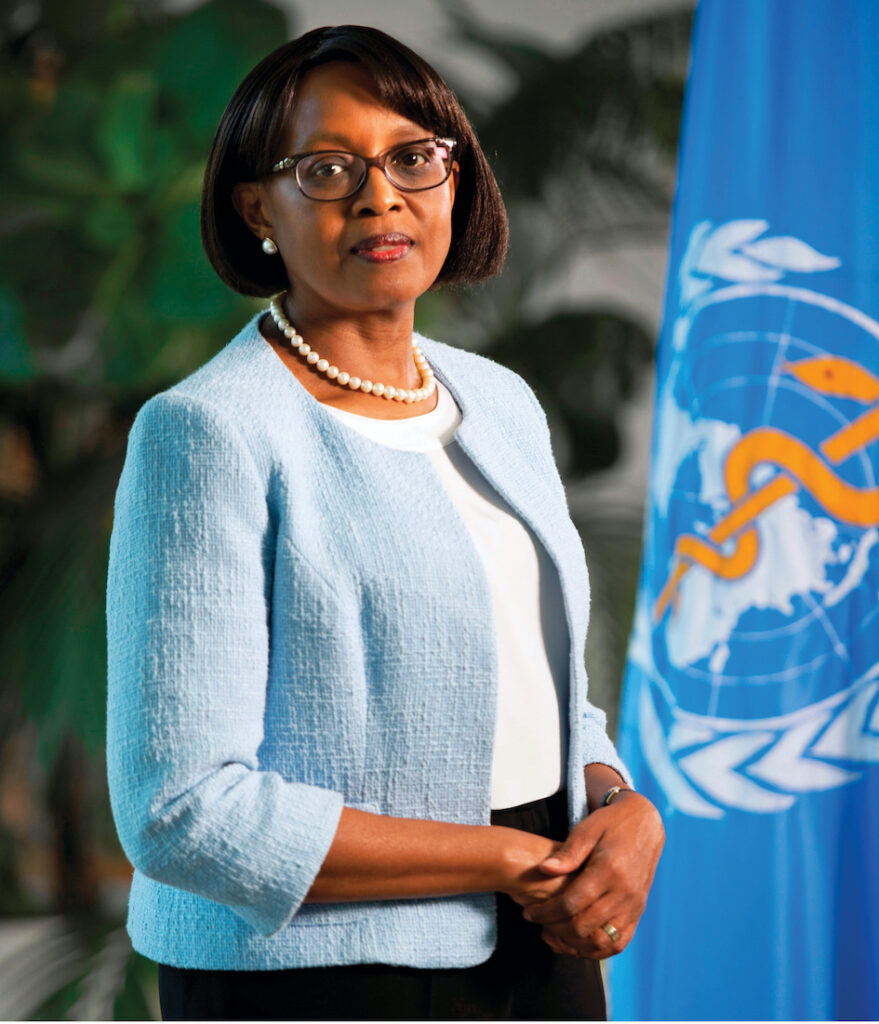
Dr Matshidiso Rebecca Moeti is the World Health Organization (WHO) Regional Director for Africa and the first woman to occupy this position. She is a medical doctor and public health expert, with more than 40 years of national and international experience. Dr Moeti, who hails from Botswana, has been in this post since 2015. In February 2020 she was confirmed by the WHO Executive Board after her resounding re-election for a second term. Over the past five years, Dr Moeti has led a Transformation Agenda that is widely acknowledged to have improved WHO’s performance and effectiveness and to have informed the global WHO Transformation. Under Dr Moeti’s leadership tremendous progress has been made, including interruption of wild poliovirus transmission in the WHO African Region – this is the second disease to be eradicated from the Region after smallpox 40 years ago. Capacities to respond to health emergencies like COVID-19 and Ebola have also improved significantly.
